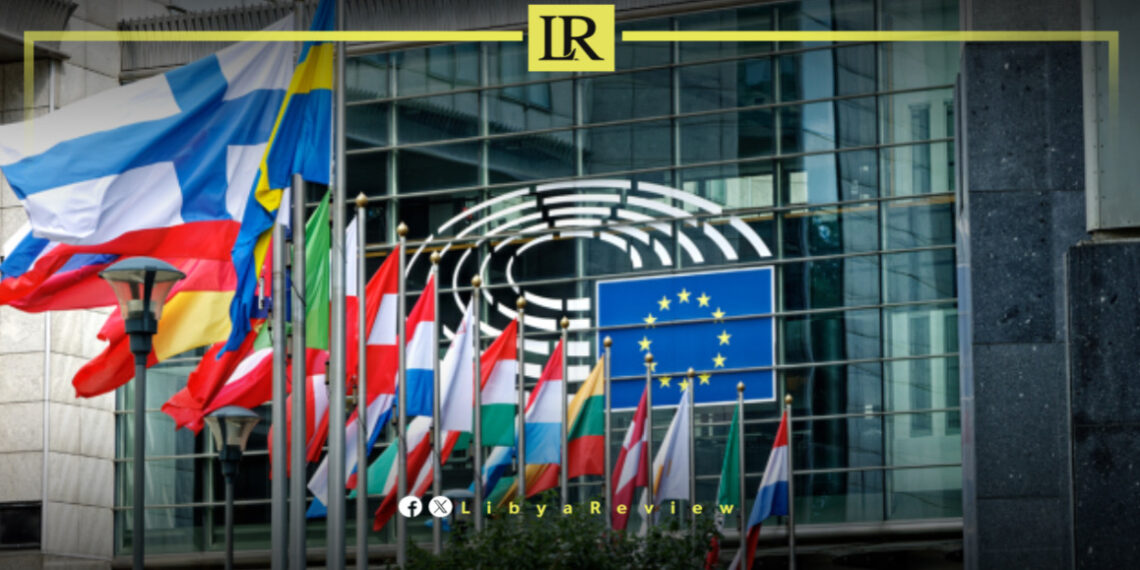Libya’s maritime agreement with Turkey continues to draw sharp criticism from the European Union, as a draft version of the European Council’s latest conclusions labels the 2019 Memorandum of Understanding between the two countries as incompatible with international law.
According to the draft text, the Council reaffirms that the Libya-Turkey memorandum “violates the sovereign rights of third states, does not comply with the Law of the Sea, and cannot have legal consequences for third states.”
This language reflects the EU’s enduring stance that the maritime deal, which aims to define exclusive economic zones in the Mediterranean, infringes on the rights of neighboring countries, particularly Greece and Cyprus.
Beyond the legal dispute, the draft also highlights broader concerns over the ongoing instability in Libya. The European Council links the country’s fragile political and security landscape to wider regional implications, including irregular migration flows and threats to European security.
The draft further reiterates the EU’s support for Libya’s sovereignty and unity. It calls for continued backing of the United Nations Support Mission in Libya (UNSMIL), and urges progress toward a comprehensive political solution based on national ownership, inclusivity, and consensus.
The European Council’s discussion comes as Greek Prime Minister Kyriakos Mitsotakis participates in high-level meetings in Brussels, following a NATO gathering in The Hague. Alongside Libya, other key topics on the EU agenda include the situation in Ukraine, developments in the Middle East, migration policy, and internal European security.
The agreement, first signed in 2019, delineates maritime boundaries and has been seen as part of broader Turkish interests in energy exploration.


